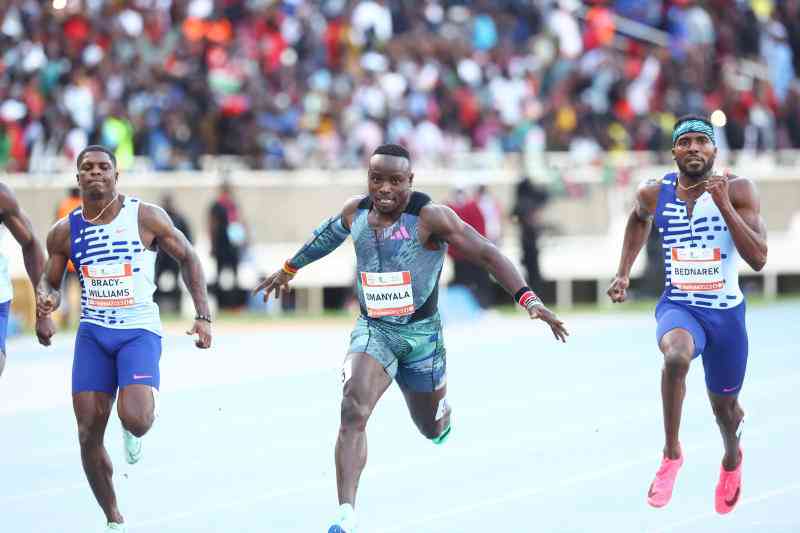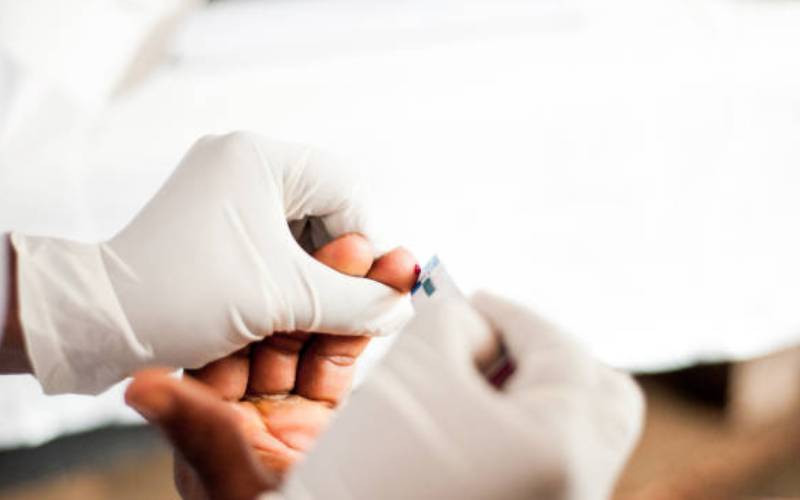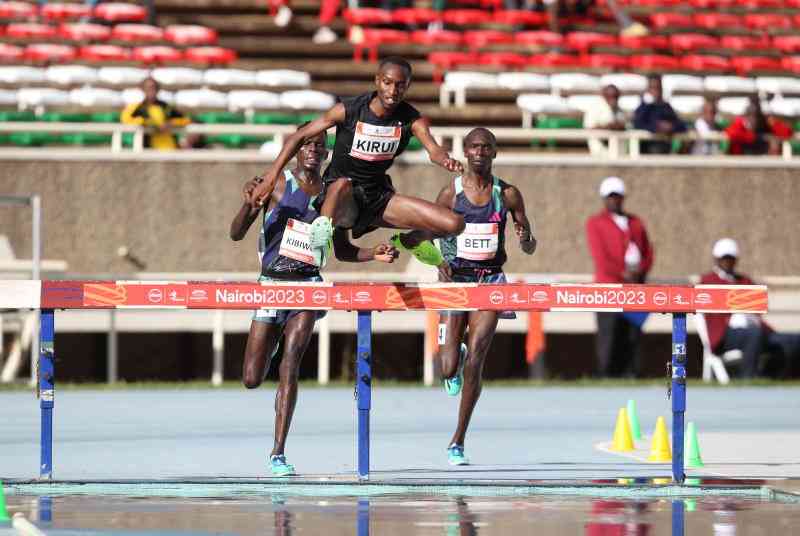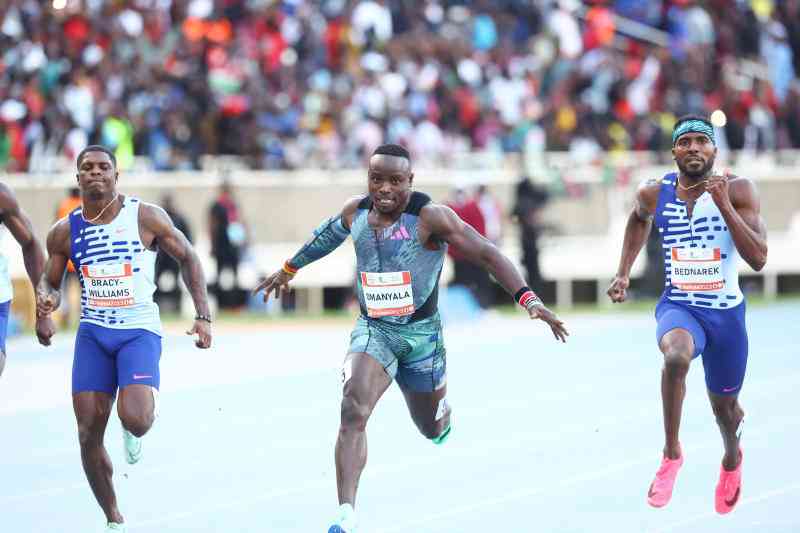 |
|
Rita Jeptoo of Kenya reacts after crossing the finish line to win the women's race during the Chicago Marathon on Sunday, Oct. 12, 2014, in Chicago. Chicago's 37th annual race included a field of 108 elite men, women and wheelchair athletes. There were also 45,000 amateur runners registered and more than 1 million people were expected to watch along the way.(AP Photo/Andrew A. Nelles) |
The true scale of athletics’ alleged doping cover-up can be laid bare following detailed analysis of the list of competitors with “suspicious” blood values that has sent shock-waves through the sport.
Telegraph Sport has been shown copies of the full documents exposed this week by German broadcaster WDR, which accused the International Association of Athletics Federations of failing to act on its own findings in around 150 cases of abnormal readings.
The list, independently sourced by Telegraph Sport, was revealed on Tuesday to include the name of one of Britain’s biggest athletics stars.
Further analysis of the documents shows that many more of the best-known names in the sport provided suspicious blood samples which may not have been acted upon, with the list including: 225 athletes from 39 countries; three Britons, as well as a staggering 58 Russians and 25 Kenyans; three London 2012 champions and scores of gold medalists from other Olympics and major championships, current and former world record holders, and winners of marathons around the world; competitors over distances from 400m upwards on track, road and cross-country, as well as multi-event athletes; and several athletes banned for doping.
The IAAF’s ethics commission is investigating the claims made in Monday’s documentary, the third by the broadcaster in less than a week alleging wrongdoing within the world governing body.
The organisation has also not disputed the authenticity of the list WDR said it had obtained from a whistle-blower described as a long-standing member of the governing body’s medical and anti-doping commission.
That whistle-blower claimed that the abnormal blood values, not thought to be enough themselves to prove doping, should have been followed up with target-testing of the athletes in question.
He said: “Unfortunately, I have never heard of target-testing in almost all cases which were very suspicious.”It can now be revealed that three British athletes’ names appear on various types of documents, with the major star’s identity recorded under a heading “Suspicion red” and a second competitor appearing under “Suspicion orange”.
The third athlete appears on a page headed “M suspicious 2007”, which includes detailed readings of the competitor’s blood values.
Representatives for the biggest of those names continued to ignore requests for comment on Wednesday.
It can also be revealed that several foreign competitors named on the list provided multiple suspicious readings, in one case as many as six.
WDR’s whistle-blower focused on readings taken between 2006 and 2008 but the full documents show some were obtained as early as 2001.
All were taken before the introduction of the biological passport, which monitors longitudinal blood values.
It is unlikely readings obtained before then could trigger an investigation into any athlete retrospectively unless used in conjunction with retested frozen samples, which are stored for up to eight years.
Analysis of the list has identified three London 2012 champions, and double figures of gold, silver and bronze medallists from other Games.
There are approximately 100 gold medal-winning performances at other major championships, with around 150 leading to silvers and bronzes.
Approximately 30 of those athletes named in the documents have been either banned or have failed a drugs test at some stage. Several of those on the list were suspended at around the time the data on it was compiled, meaning the values recorded may ultimately have helped sanction them.
Stay informed. Subscribe to our newsletter
The number of Kenyan competitors might be interpreted as supporting allegations of drug-taking in the east African country.tion that has been opened.”
 The Standard Group Plc is a
multi-media organization with investments in media platforms spanning newspaper
print operations, television, radio broadcasting, digital and online services. The
Standard Group is recognized as a leading multi-media house in Kenya with a key
influence in matters of national and international interest.
The Standard Group Plc is a
multi-media organization with investments in media platforms spanning newspaper
print operations, television, radio broadcasting, digital and online services. The
Standard Group is recognized as a leading multi-media house in Kenya with a key
influence in matters of national and international interest.
 The Standard Group Plc is a
multi-media organization with investments in media platforms spanning newspaper
print operations, television, radio broadcasting, digital and online services. The
Standard Group is recognized as a leading multi-media house in Kenya with a key
influence in matters of national and international interest.
The Standard Group Plc is a
multi-media organization with investments in media platforms spanning newspaper
print operations, television, radio broadcasting, digital and online services. The
Standard Group is recognized as a leading multi-media house in Kenya with a key
influence in matters of national and international interest.










